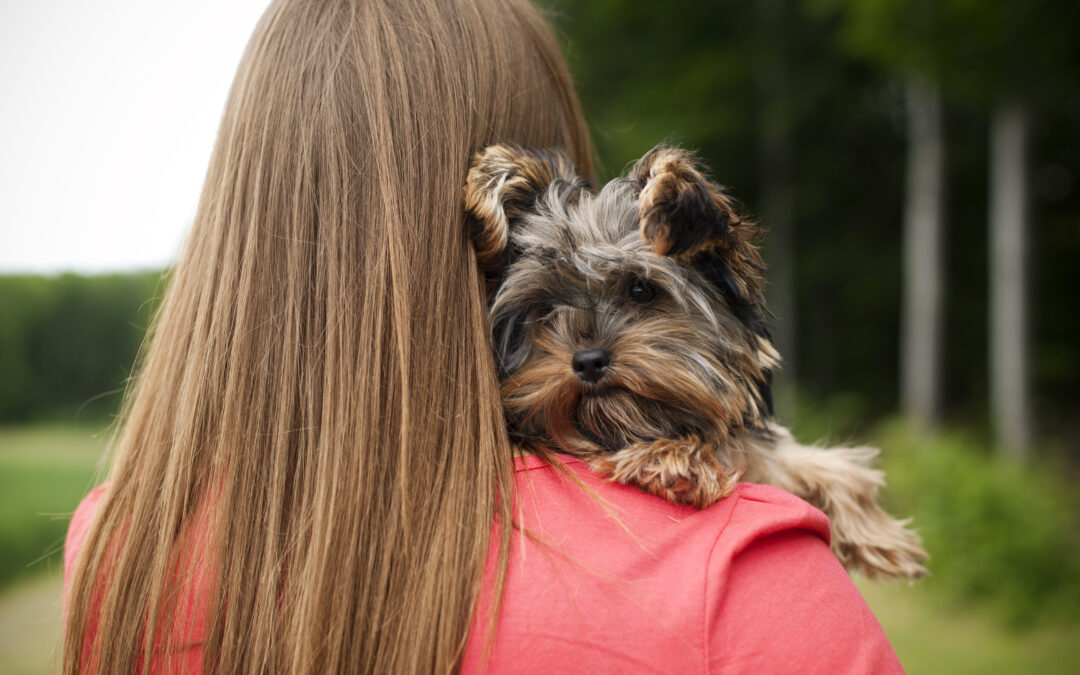Understanding Hypoglycemia
Welcoming a new puppy into your home is an exciting and joyous occasion. However, it’s essential to be aware of potential health concerns, such as hypoglycemia, that can affect young puppies, especially small breeds like Yorkshire Terriers, Maltese, and Chihuahuas. Hypoglycemia, or low blood sugar, can occur suddenly and progress rapidly, posing a serious risk to your puppy’s health if left untreated. In this blog post, we’ll explore the signs and symptoms of hypoglycemia in puppies and what steps you can take to address this condition.
Know The Signs & Symptoms
The signs of hypoglycemia in puppies can vary depending on the severity of the condition. Some common symptoms to watch for include:

- Weakness and Lethargy: Puppies may appear unusually tired or unwilling to move, exhibiting signs of weakness and lethargy.
- Tremors or Shivering: Shaking or trembling, particularly noticeable in the limbs, can be a sign of low blood sugar in puppies.
- Disorientation or Confusion: Puppies may seem dazed, disoriented, or have difficulty responding to stimuli, indicating neurological effects of hypoglycemia.
- Muscle Twitching or Seizures: In severe cases, hypoglycemia can lead to muscle spasms or even seizures, which can be alarming and require immediate attention.
- Loss of Coordination: Puppies may have difficulty walking or standing steadily, showing signs of imbalance and lack of coordination.
- Rapid Breathing: Shallow or rapid breathing may occur as the body tries to compensate for low blood sugar, leading to increased respiratory rate.
- Loss of Appetite: Puppies may refuse food, which exacerbates the low blood sugar levels and contributes to further deterioration of their condition.
- Pale Gums: The gums may appear pale or white instead of their usual pink color, indicating poor circulation and decreased oxygenation of tissues.
- Collapse or Coma: In extreme cases, hypoglycemia can lead to loss of consciousness or coma, which requires immediate veterinary intervention to stabilize the puppy’s condition.
If you notice any of these signs or symptoms in your puppy, it’s essential to act quickly to address the hypoglycemia and prevent further complications. Here are some steps you can take:
- Offer a high-sugar treat: Providing a small amount of honey, maple syrup, or sugar water can help quickly raise your puppy’s blood sugar levels.
- Encourage eating: Offer your puppy their regular food or a high-energy, easily digestible snack to help stabilize their blood sugar levels.
- Keep warm: Hypoglycemic puppies may have difficulty regulating their body temperature, so keeping them warm with blankets or a heating pad can be beneficial.
- Monitor closely: Keep a close eye on your puppy’s symptoms and behavior, and be prepared to seek veterinary care if their condition worsens or if they fail to improve.
- Seek veterinary attention: If your puppy’s symptoms persist or if they experience seizures, collapse, or loss of consciousness, seek immediate veterinary care for further evaluation and treatment.
Hypoglycemia can be a serious and potentially life-threatening condition in puppies, but with prompt recognition and intervention, most cases can be successfully managed. By knowing the signs and symptoms of hypoglycemia and taking appropriate action, you can help ensure the health and well-being of your furry friend. Remember to consult your veterinarian for personalized advice and guidance tailored to your puppy’s specific needs.










0 Comments